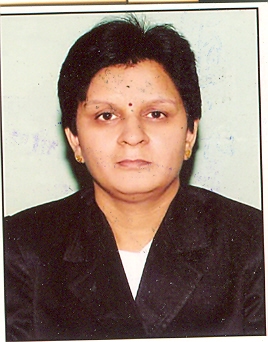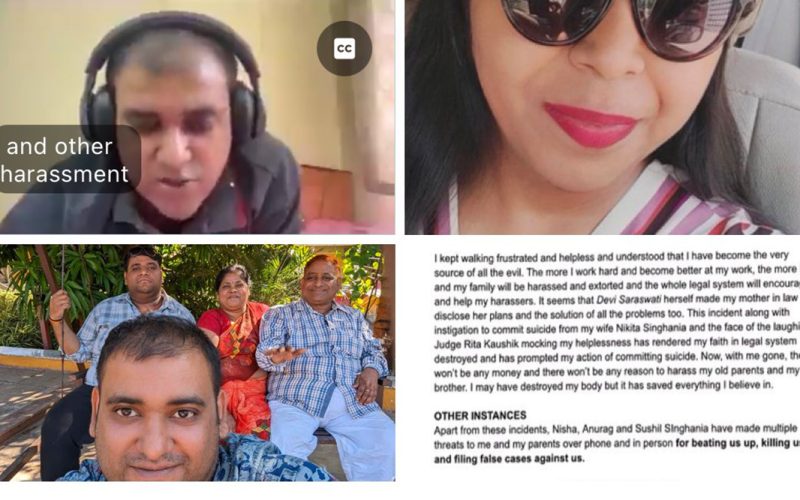Atul Last word..
I will neither pay a bribe for corruption nor use my own money to fuel this war against my family, and myself. With my death, your plans for extortion will collapse. The racket ends here.#JusticeForAtul #JusticeForAtulSubhash
When will the harassment end in… pic.twitter.com/YlsjbMeEGB— Men Helpline (@menhelpline) December 10, 2024
Background of Atul Subhash suicide case
Atul Subhash, a 34-year-old software engineer from Bengaluru, tragically committed suicide on December 9, 2024. His death has sparked widespread outrage and discussions about the Indian legal system, particularly concerning gender-based laws and their implications for men. Subhash left behind a 24-page suicide note and a video detailing his struggles with his ex-wife, Nikita Singhania, and the judicial system.
Circumstances of His Death
Atul was found hanging in his apartment in Marathahalli, Bengaluru, with a placard reading “Justice is Due” attached to his body. In his final moments, he communicated his despair through a video posted online, where he accused his estranged wife and her family of orchestrating a series of false legal cases against him. Reports indicate that he had been battling depression and had previously reached out for help through an NGO focused on domestic harassment issues.
Allegations Against Nikita Singhania

In his suicide note and accompanying video, Atul accused Nikita Singhania—an employee at Accenture—of filing nine false cases against him, including allegations of dowry harassment and domestic violence. He claimed that she sought an exorbitant maintenance amount of ₹3 crores to settle these disputes. Atul’s brother echoed these sentiments, stating that the relentless legal battles had taken a severe toll on Atul’s mental health, leading him to feel trapped within a system that seemed to favor women.
Role of Judicial Authorities

Atul’s suicide note also implicated Reeta Kaushik, a family court judge in Jaunpur, Uttar Pradesh. He expressed concerns about potential bias in the judicial process and alleged that the judge might tamper with evidence or pressure witnesses against him. Atul described his experiences in family court as frustrating, noting that despite attending numerous hearings—many of which were unproductive due to strikes or absences—he felt no progress was made in resolving his issues.
Content of the Suicide Note
The suicide note contained several poignant statements reflecting Atul’s despair:
- He expressed a desire for all hearings related to his case to be conducted live so that the public could witness the alleged injustices he faced.
- He detailed how his son was used as leverage in their disputes, further complicating his emotional state.
- Atul’s note also highlighted systemic issues within the family court system, role of mediation, Advocates and police; calling for reforms to prevent similar situations from occurring in the future.
Social Media Reaction and Broader Implications
Following Atul’s death, social media erupted with calls for justice under the hashtag #JusticeForAtulSubhash. Many users expressed anger towards what they perceive as systemic failures in protecting men from false allegations and judicial harassment. Legal experts have pointed out that this incident underscores the need for a comprehensive review of family laws in India to ensure fairness for all parties involved.
The tragic case of Atul Subhash serves as a stark reminder of the complexities surrounding gender-based laws in India. Millions of Indian Married Men are suffering, with no decision, extortion in for of alimony, false cases and visits to police stations. His allegations against his ex-wife and the judicial system raise critical questions about the balance of justice in marital disputes. As discussions continue around this sensitive topic, it is essential to consider reforms that can address these disparities while ensuring protection for genuine victims of domestic violence. The call for justice not only reflects Atul’s personal tragedy but also highlights broader societal issues that need urgent attention.





